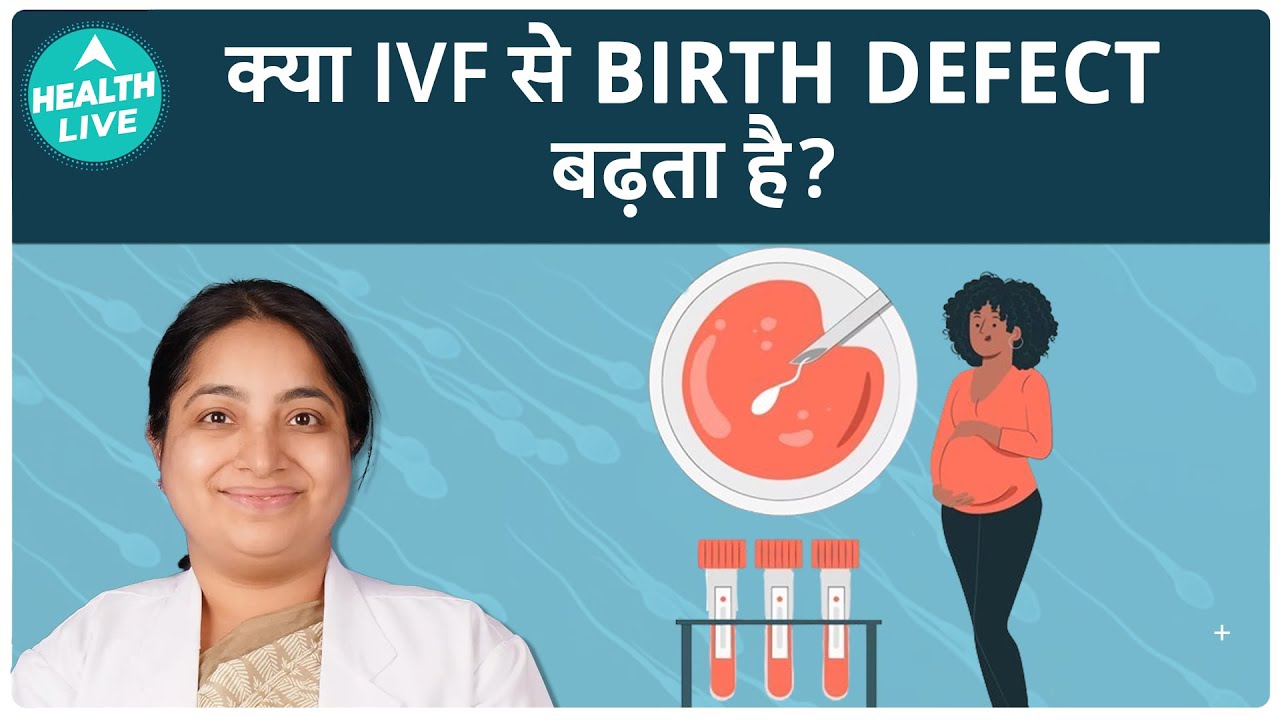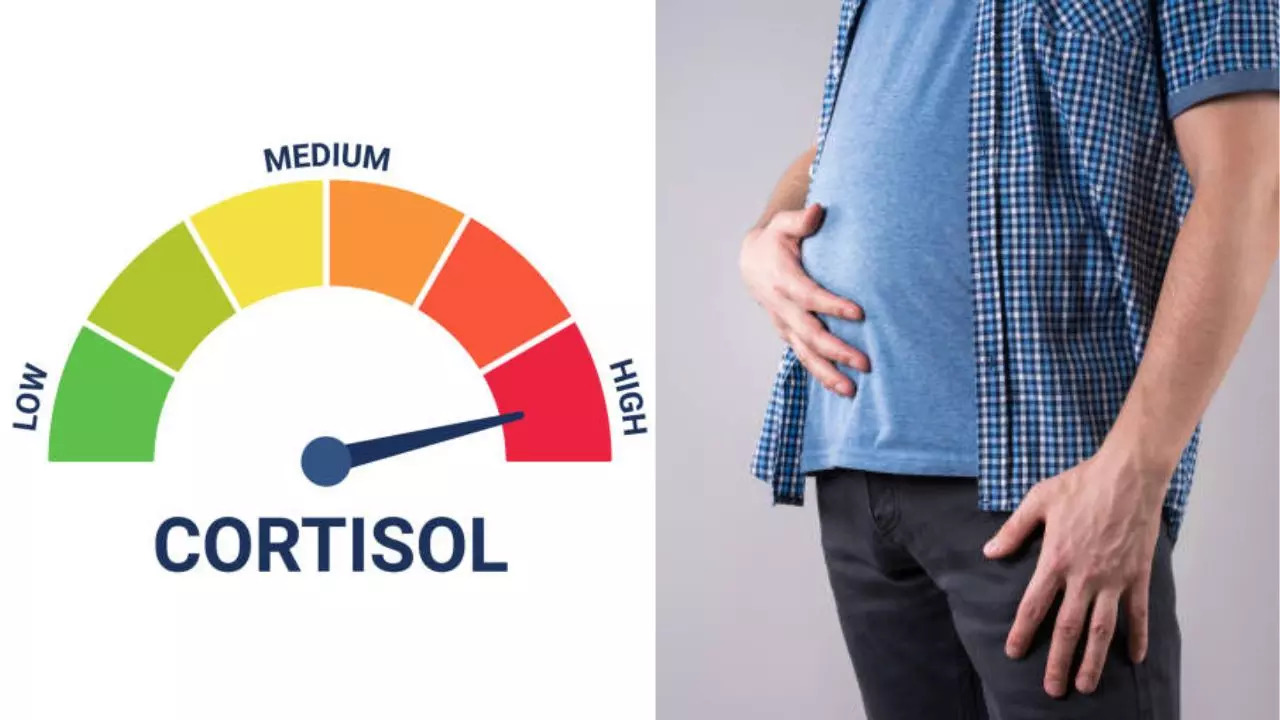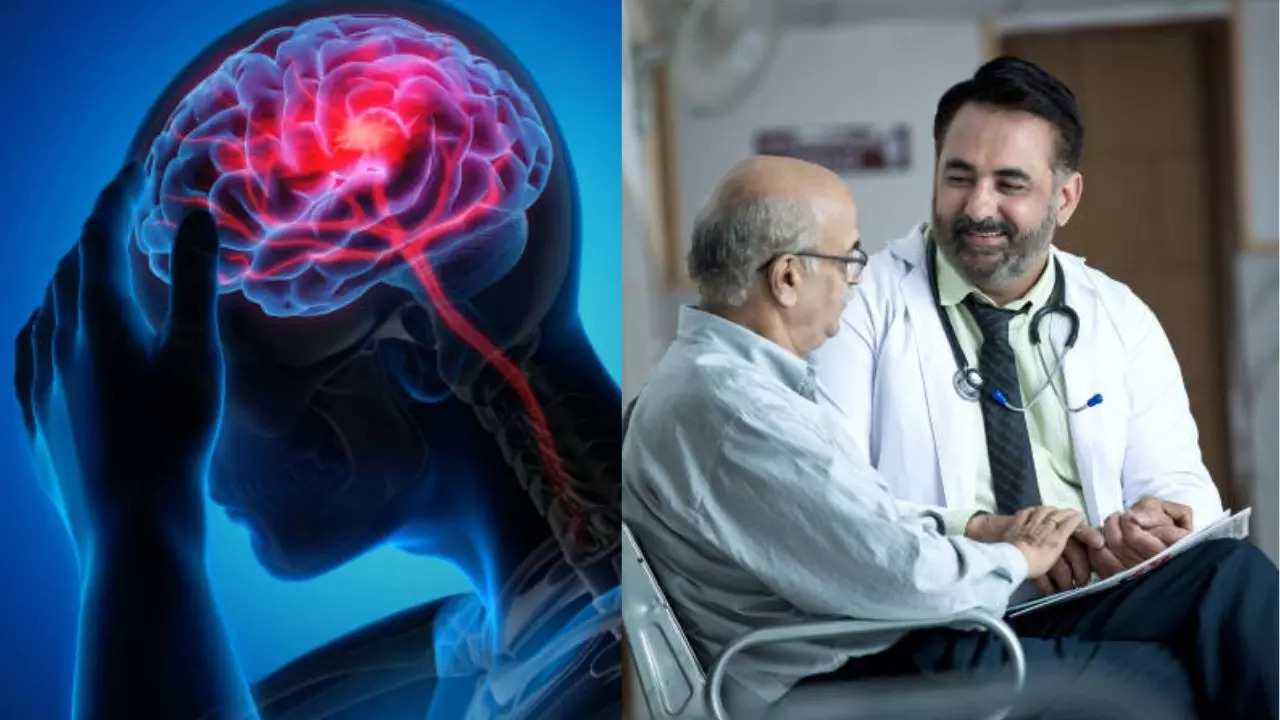Birth defects are abnormalities present at birth that arise from issues during fetal development. These defects can affect any part of a baby's body, including organs, limbs, and overall structure. They can range from minor cosmetic concerns to severe conditions that significantly impact a child's health and quality of life.
Detection of birth defects can occur at various stages. During pregnancy, healthcare providers may use prenatal screenings and diagnostic tests such as ultrasounds, blood tests, and amniocentesis to identify potential issues before the baby is born. These tests can provide critical information about the baby's development and help in early intervention.
Some birth defects are noticeable at birth, with medical professionals observing physical signs or performing routine examinations to diagnose any visible abnormalities immediately. However, other defects might not become apparent until later in life, as the child grows and develops. In such cases, developmental assessments or other medical evaluations may be necessary to diagnose these conditions.
The causes of birth defects can be complex, involving genetic factors, environmental influences, or a combination of both. Genetic mutations, exposure to certain medications or harmful substances during pregnancy, or complications during fetal development can all contribute to the occurrence of birth defects. Early detection and diagnosis are essential for managing and treating birth defects effectively.
Identify.


















